
views
 Did fight over fish lead to the partition of India? Yes, if one goes by the remarks made by Dr Shakeel Ahmad, former union minister and AICC general secretary.
Did fight over fish lead to the partition of India? Yes, if one goes by the remarks made by Dr Shakeel Ahmad, former union minister and AICC general secretary.
Speaking at a book release function in New Delhi’s Constitution Club on January 10, Dr Ahmad claimed that Mohammad Ali Jinnah’s grandfather Premji Bhai Thakkar’s decision to get into the fish business in the coastal town of Veraval, Gujarat got him ostracised and excommunicated from his strict vegetarian community of Lohanas, a sub-caste of Dhudhi Rajput.
At an advanced age when Premji (who moved to Karachi to become a wealthy businessman) tried to re-join the community, he was not allowed though he had left the fishing business. Premji and his son Punjalal Thakkar were enraged and converted to Islam. Punjalal (1857–1902) gave Muslim names to his sons. Incidentally, the surname Jinnah was derived from Punjalal’s Gujarati nickname ‘Jinno’, which means ‘skinny’. Some scholars feel Jinnah’s grandfather and father had double conversions, first to Ismaili sect and then to Shia doctrine.
Dr Shakeel Ahmad went on to say that had Premji and Punjalal not faced religious and social ostracisation, they may not have converted to Islam. In turn, the country may have been saved from savagery of Partition that saw millions getting killed.
UNHCR estimates that 14 million people were displaced by the violence. As Samuel Butler observed, “God can not alter the past but historians can,” many Pakistani historians like Akbar Ahmed have sought to gloss over Jinnah’s Hindu ancestry. They claim that Jinnah’s father, born as a Rajput, married into Ismaili Khoja family and converted to Islam. Stanley Wolpert, considered an authority on Jinnah, gives another variation to the religious affiliation of Jinnah and picks up the timeline from the birth of Jinnah.
According to Dr Shakeel Ahmad, fish trade, rigidity and caste system were responsible for the division of the Indian subcontinent. No Muslim ruler tried to divide India but in Jinnah, the British found a willing actor to divide India. In Shakeel Ahmad’s scheme of things, perhaps at a sub-conscious level, Jinnah wanted revenge from a rather insensitive and inflexible caste system.
Dr Ahmad was the chief guest at the release of a book written in the memory of noted scholar and parliamentarian, the late Dr Mohd. Hashim Kidwai, written by his son Dr Saleem Kidwai.
Among Jinnah’s few descendants is noted industrialist Nusli Wadia. Dina Wadia, the only child of Jinnah and his Parsi wife Rutti Petit, died in Mumbai at the age of 98 on November 2, 2017.
Dina had retained her Indian nationality and married Neville Wadia, who was born into a Parsi family and had converted to Christianity. Jinnah is said to have been furious at this union.
According to a recent book, Mr And Mrs Jinnah – The Marriage That Shook India by Sheela Reddy, Dina’s move to marry a Parsi Christian came as serious political embarrassment for Jinnah.
"He tried to dissuade her (Dina), but finding her adamant, Jinnah threatened to disown her. Instead of relenting, she moved into her grandmother's home, determined to go ahead the marriage..."
Reddy quoted Urdu writer Saadat Hasan Manto as saying that Jinnah took Dina's defiance badly. "For two weeks, he would not receive visitors. He would just go on smoking his cigars and pacing up and down in his room. He must have walked hundreds of miles in those two weeks," Manto wrote, recalling Jinnah's ordeal.
Dina and Neville Wadia were reportedly separated in 1943, but a formal divorce never took place.
For Dina, Jinnah was "affectionate but undemonstrative" father. She loved to call him ‘Pop’, but in anger, described him as "grey wolf”. When Jinnah died on September 9, 1948, a chartered plane took her from Bombay to Karachi. Dina was seen mourning at her father’s funeral. She had visited Lahore in March 2004 to witness a cricket match between India and Pakistan.
There are few other descendants of Jinnah’s family through his two sisters, Rehmatbai and Mariambai. Qulsoom Ibrahim, Zehra Chandoo, Gulshan Chandoo, Mohammad Ebrahim, Hussein Ebrahim, Abbas Peerbhoy, Rohina Peerbhoy, Liaquat Merchant, Moonira Kassam and some grandchildren of Rehmatbai and Mariambai are reportedly living in Karachi, Mumbai and Kolkata.
(The author is visiting fellow at the Observer Research Foundation and a journalist. Views are personal)
(More Sunday Features)











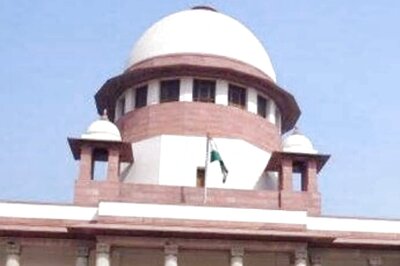
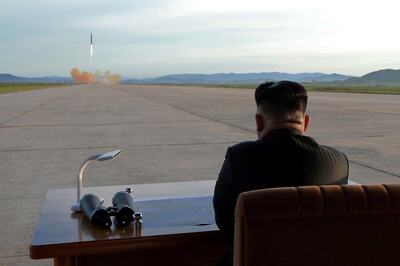
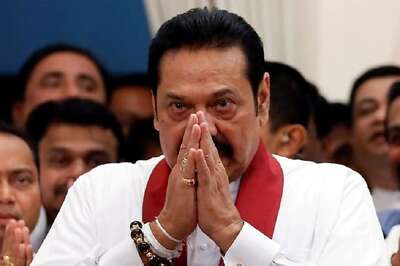
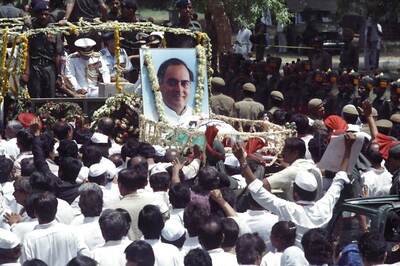
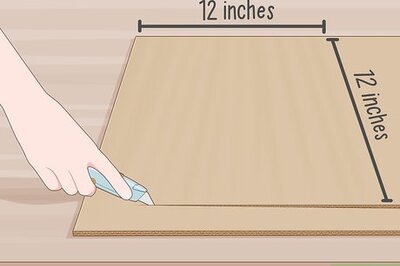

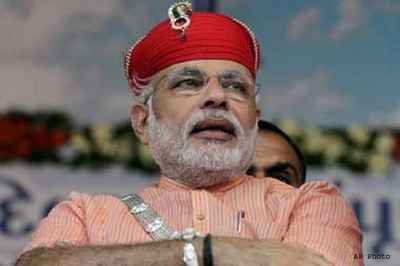
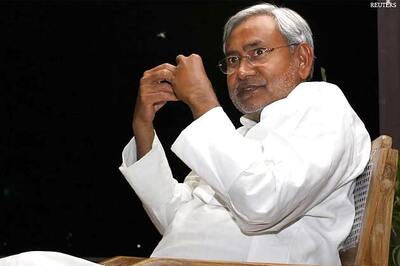
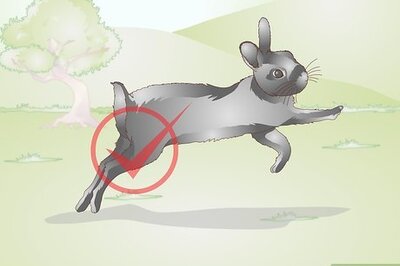
Comments
0 comment